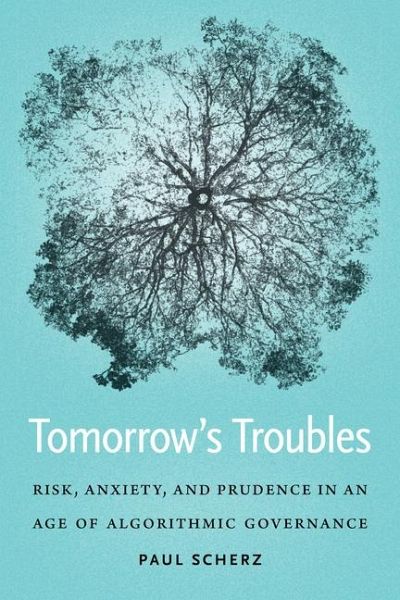
Tomorrow's Troubles
Risk, Anxiety, and Prudence in an Age of Algorithmic Governance

PAYBACK Punkte
25 °P sammeln!
"Probabilistic predictions of future risk govern much of society: healthcare, genetics, social media, national security, and finance. Both policy-makers and private companies are increasingly working to design institutional structures that seek to manage risk by controlling the behavior of citizens and consumers, using new technologies of predictive control that comb through past data to predict and shape future action. These predictions not only control social institutions but also shape individual character and forms of practical reason. Risk-based decision theory shifts people's relationshi...
"Probabilistic predictions of future risk govern much of society: healthcare, genetics, social media, national security, and finance. Both policy-makers and private companies are increasingly working to design institutional structures that seek to manage risk by controlling the behavior of citizens and consumers, using new technologies of predictive control that comb through past data to predict and shape future action. These predictions not only control social institutions but also shape individual character and forms of practical reason. Risk-based decision theory shifts people's relationships to the future through knowledge of possible dangers and foregone opportunities, thus inspiring anxious solicitude and deceptive hopes for total security. This book uses virtue ethics to analyze these problems and to suggest ways to enjoy these technologies' positive benefits while constraining their dangerous aspects through a better understanding of practical reasoning and a theological analysis of our responsibility for future risks"--













